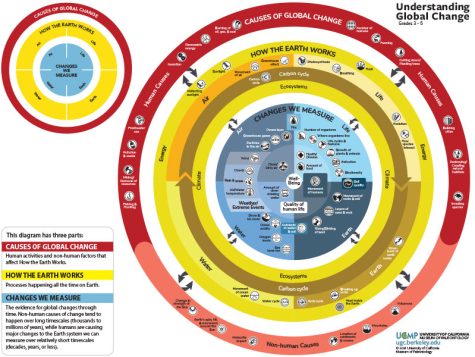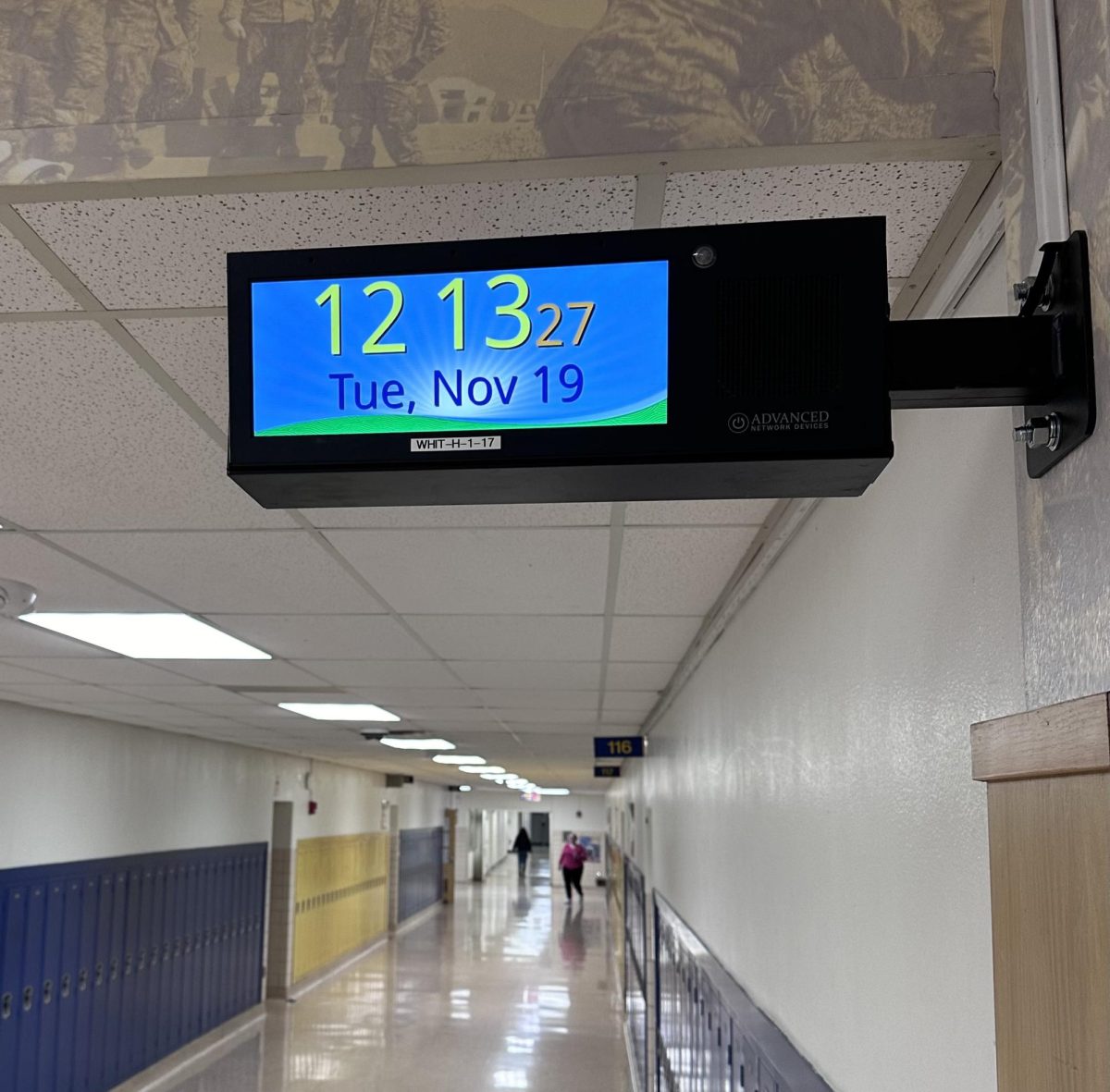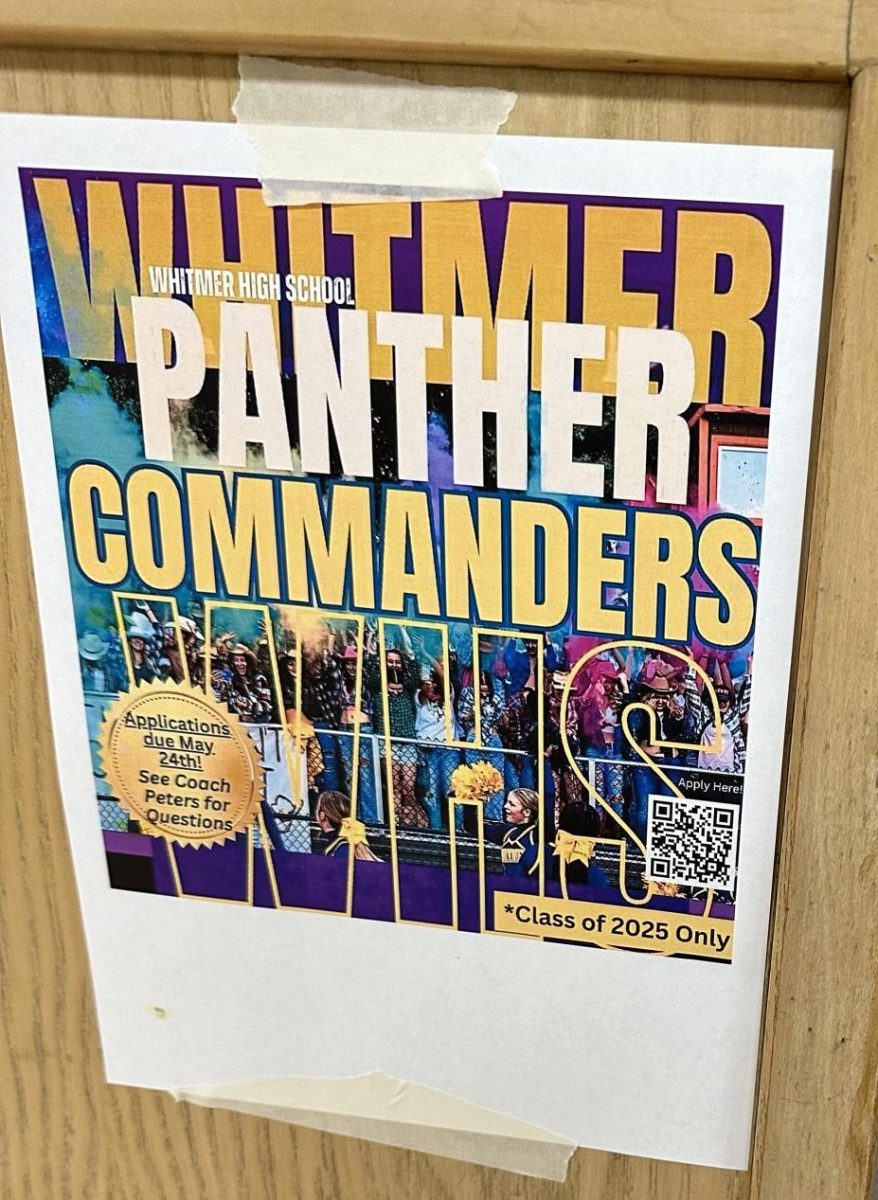8 Billion People: What Does our Future Look Like?
Population grown hits an all time high and Whitmer environmental teacher Mr. Jeff Mackenzie weighs in.
February 20, 2023
The population of Earth reached eight billion as of November 15, 2022. With that many people needing food, shelter, and water for survival, while also expecting material things, the environment is sure to take an even greater hit. The constant population growth demands change in all areas, but food production must evolve.
One solution is biology.
According to Fran Malloy’s piece “World Population Milestone: the Impact of 8 Billion People Explained”, biologically modified crops may have to be heavily relied upon in the future. By changing a plant’s genealogy it may reproduce faster or in an abundance, which will be necessary to feed the Earth’s growing population. Malloy goes on to share that “yields from arable farming around the world are under pressure from environmental stresses like flooding and salinity, heatwaves and drought. The products of advance gene technologies are inevitably our only hope of curbing the global impacts on our food systems, ”
Feeding more than eight billion people will come with its changes, but it is possible. Studies have predicted the world’s population to reach “9.8 billion in 2050, and 11.2 billion in 2100” (un.org). Researchers from the University of Chicago and the Potsdam Institute for Climate Impact Research suggest a fully laid out plan for feeding 10 billion people in a recent study published in ‘Nature Sustainability”. The study claims that feeding that many people may be hard, but it is possible. The main differences that will make feeding 11 billion people possible include: “adopting radically different ways of farming, reduction of food waste and dietary changes,” the University of Chicago researchers shared.
The study continues to explain that supplying a sufficient and healthy diet for every person while keeping our biosphere largely intact will require no less than a technological and sociocultural U-turn. It includes adopting radically different ways of farming, reduction of food waste and dietary changes.“We have to rethink global agriculture and our current behavior and then start over, in order to see a fundamental transformation of global agriculture,” UChicago postdoctoral researcher and co-author on the study Jonas Jägermeyr, breaks down.
Along with making changes to food production, humans need to make a difference in energy and pollution. Nonrenewable resources, such as oil and coal, are becoming less reliable in everyday life. Fossil fuels have been mined for thousands of years and eventually the world will run out, but not before destroying the Earth more than it already has. According to the Natural Resources Defense Council “the burning of fossil fuels…accounts for about three-quarters of our carbon emissions”. Because of the burning of fossil fuels, global warming is rapidly increasing as opposed to when fossil fuels were not relied on. This research is something that Whitmer environmental science teacher Mr. Jeff MacKenzie has a deep passion for sharing.
“If we don’t move beyond oil and coal and natural gasses, if we don’t move beyond those in a relatively quick timeframe, it’s gonna cause huge problems for the planet. We’re already seeing that.” Mr. Mackenzie predicts.

University of California Berkley created Ugc.berkeley.edu, a fantastic online teaching tool titled Understanding Global Change, with the intent to help break down the impact of global change and each person’s place in the Earth’s system. The web-tool shares that pollution is already rampant throughout the Earth, steadily destroying bits of the world little by little. Carbon emissions are destroying the air, tsunamis and tornadoes from global warming are destroying and eroding soil, plastic, along with other garbage, is destroying the Earth’s oceans. With more people coming into the world, pollution will only increase unless there is real change to how humans live. In order to stop air pollution people need to stop burning fossil fuels, and to stop garbage in the oceans, people need to clean up the litter on the Earth. The web site is a strong resource for useful suggestions on how to make those changes. Being a part of the change is also something Mr. Mackenzie stands by.
““Everything’s connected…If we put more greenhouse gasses in the atmosphere, there’s gonna be more climate change. There’s more climate change, there’s gonna be more droughts, more storms. If there’s more droughts, more storms, soils gonna get eroded because the planets gonna die and soils gonna get washed into a river. Then the rivers polluted because of all the stuff flowing into the river.It’s all connected”, Mr. Mackenzie breaks down..
Mr. Mackenzie stands by the idea that the future of the world depends on humans, and with the rate of pollution and population, people need to make a change. He predicts that humans will have to mine landfills to get natural resources because natural resources are carelessly thrown away along with garbage.
Humans are the cause of pollution, food scarcity, and increasing global warming; humans need to fix it in order to survive.






